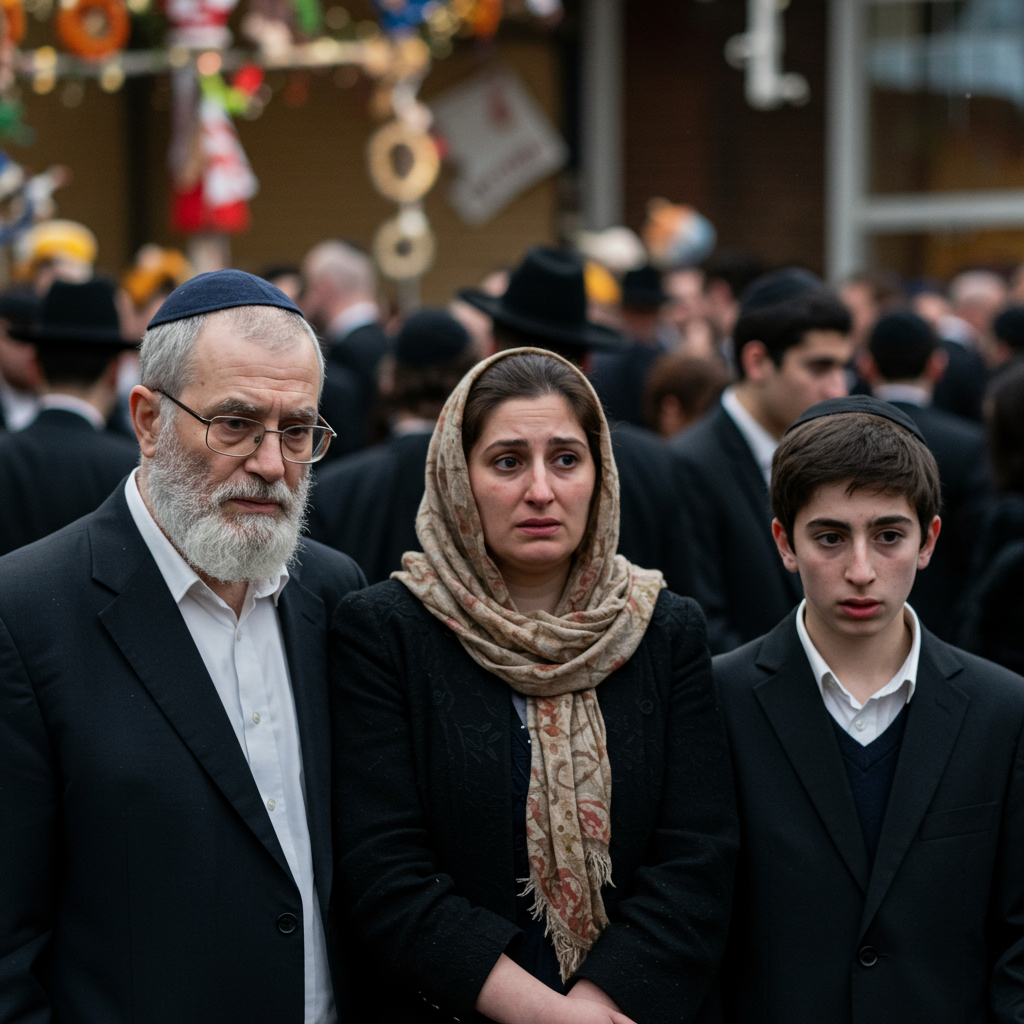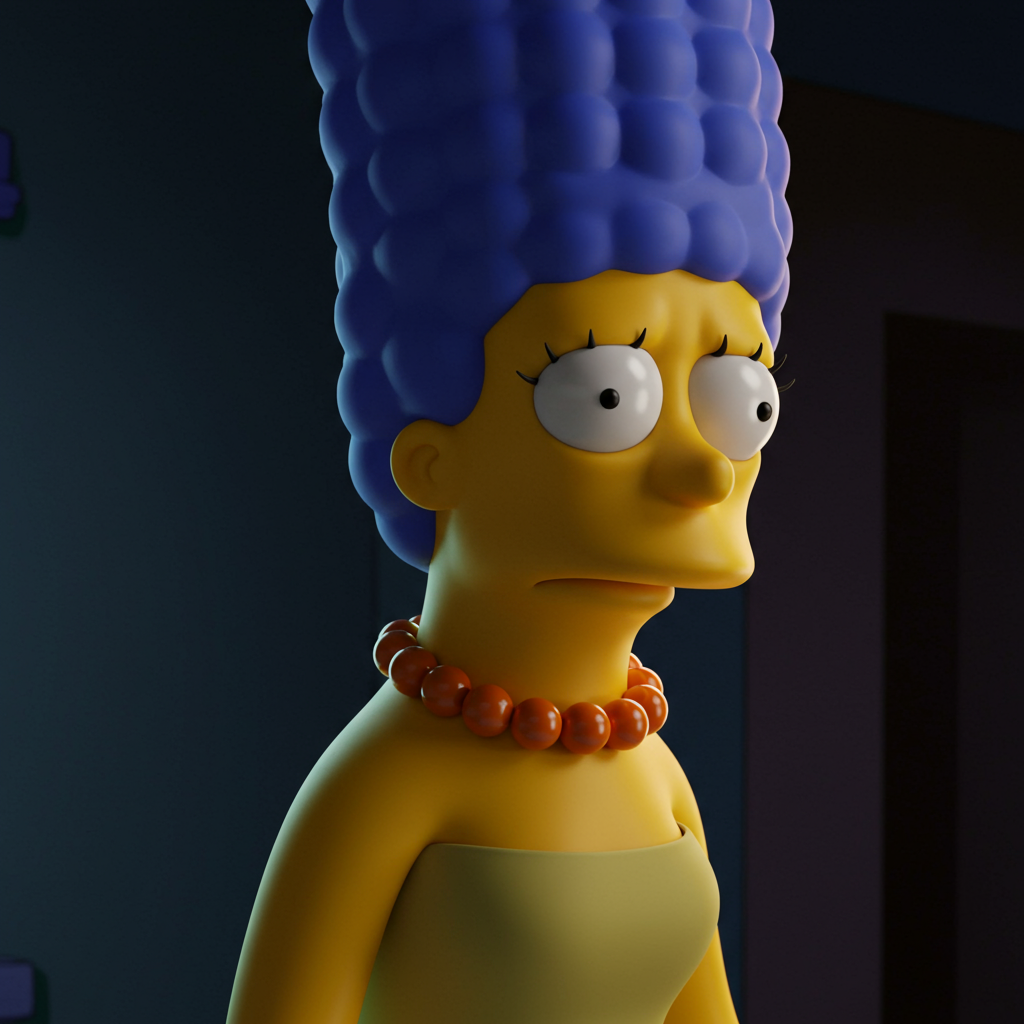In a decisive move, australia has revoked the visa of American artist formerly known as Kanye West, Ye. The controversial decision directly follows the release of his song titled “Heil hitler,” which promotes Nazism. Australia’s Home Affairs Minister, Tony Burke, confirmed the cancellation, citing the government’s firm stance against importing bigotry. This action underscores Australia’s stringent approach to non-citizen entry, particularly for individuals whose actions are deemed harmful to national interests and community standards.
“Heil Hitler” Song Triggers Visa Cancellation
The catalyst for Australia’s decision was the release of Ye’s track “Heil Hitler” in early May 2025. Reports indicate the song featured alarming content, including the chilling chant “All my ns Nazis, na, heil Hitler” in its chorus. The music video, released around May 8th, reportedly depicted individuals dressed in animal skins repeating the lyrics in a block formation. Adding to the controversy, the track is said to sample a 1935 speech delivered by Adolf Hitler at the Krupp Factory.
The song, part of an album reportedly titled WW3, quickly sparked widespread outrage globally. Due to its incendiary and antisemitic nature, it was rapidly banned from major music streaming platforms, including Spotify, Apple Music, and YouTube. Despite this swift removal, the song garnered millions of views shortly after its initial release online.
Home Affairs Minister Tony Burke explicitly stated that while Ye had made numerous offensive comments previously, the release and promotion of the “Heil Hitler” song served as the “final strike.” He emphasized that officials reviewed Ye’s visa status specifically after the song’s debut, leading to the determination that he no longer met Australia’s character requirements for entry.
Why Australia Said ‘No’ to Importing Bigotry
Minister Burke offered clear reasoning for the government’s action. He articulated that Australia already confronts its own challenges and does not need to “deliberately import bigotry” or “hatred.” The minister highlighted that permitting someone who actively promotes Nazism through a song is unacceptable under Australia’s laws governing the entry of non-citizens.
He clarified that the visa held by Ye was a “lower level” type, not specifically intended for large concerts or public performances. This status meant officials could apply standard character and security requirements to review his eligibility. Burke also addressed potential arguments regarding freedom of speech, asserting that full freedom of speech in Australia primarily applies to its citizens, not foreign nationals seeking entry. The government retains the authority to deny entry based on actions and statements deemed contrary to the national interest. When questioned about the sustainability of banning a popular figure, Burke countered that “what’s not sustainable is to import hatred.”
Australia’s Stance on Controversial Figures
Australia has a history of scrutinizing and, in some cases, denying entry to individuals whose past actions or stated views are considered harmful or likely to incite discord. This includes individuals promoting extremism, hate speech, or those with criminal records. Ye’s visa cancellation fits within this broader policy framework, reinforcing the message that promoting Nazism and antisemitism carries significant consequences for entry into the country. Recent examples cited in reports include the rejection of far-right pundit Candace Owens and the cancellation of visas for the British band Bob Vylan after controversial political statements.
A Pattern of Antisemitism: Ye’s Controversial History
The decision to revoke Ye’s visa is not an isolated event but follows a documented pattern of controversial remarks and actions, particularly concerning antisemitism. Over the past few years, Ye has made a string of highly publicized comments that have drawn condemnation from Jewish communities and others worldwide.
Key instances include:
In 2022, his accounts on platforms like X (formerly Twitter) and Instagram were suspended following antisemitic posts.
Later that year, during an interview with conspiracy theorist Alex Jones, Ye stated, “I love Jewish people, but I also love Nazis… I do love Hitler,” shocking listeners and viewers.
Reports in early 2025 (or 2024) indicated another suspension of his X account after he defended a series of antisemitic posts as a “social experiment.”
- During a recent Super Bowl period, he posted “I AM A NAZI” and promoted merchandise featuring swastikas.
- www.cbsnews.com
- www.dw.com
- www.latimes.com
- www.bbc.com
- www.jta.org
These instances, coupled with comments like “I’m a Nazi,” demonstrate a disturbing trajectory that Minister Burke suggested made the “Heil Hitler” song the decisive factor in his visa assessment. Even former collaborators have expressed dismay; musician John Legend, who worked closely with Ye for years, described him as having transformed into “this force of hate and just vitriol and nastiness,” contrasting it with the creative work they did previously. Legend noted he never witnessed any “obsession with Hitler” during their earlier collaborations (2004-2016).
Rising Antisemitism in Australia
The Australian government’s strong reaction also comes amidst a concerning rise in antisemitic incidents across the country. Advocacy groups like the Executive Council of Australian Jewry have reported a significant increase, with 1,713 incidents documented in the past year compared to 1,200 the year prior. Recent examples include synagogue vandalism with swastikas and an arson attack on a Melbourne synagogue. This context underscores the government’s heightened sensitivity to expressions of Nazism and antisemitism and its resolve to prevent their deliberate importation.
Personal Connections and Recent Apparent Shifts
Ye has personal ties to Australia through his marriage to Australian architect Bianca Censori in December 2022. He also reportedly has family in the country and had been a frequent visitor before the visa cancellation. This connection likely influenced the calls from groups like the Australian Jewish Association in 2023 for him to be denied entry based on his earlier comments, though the official action was triggered later by the song.
Interestingly, following the intense backlash over the “Heil Hitler” song, Ye made public statements suggesting a change of heart. In May, he reportedly posted on X stating he was “done with antisemitism.” He also apparently released a revised version of the controversial song, retitled “Hallelujah,” which replaced the Nazi-related lyrics with Christian themes. However, these apparent shifts occurred after the government had already initiated the visa cancellation process.
Consequences Beyond Entry Bans
Ye’s controversial behavior and antisemitic remarks have led to significant repercussions beyond just entry bans. In 2022, sportswear giant Adidas ended its long-standing and highly lucrative partnership with him, a major financial blow. Internationally, the “Heil Hitler” song also sparked outrage, leading to a petition signed by over 3,000 people demanding the cancellation of a planned concert in Bratislava, Slovakia, calling the performance “an insult to historic memory” and a “glorification of wartime violence.”
Frequently Asked Questions
Why did Australia cancel Ye’s visa specifically over the “Heil Hitler” song?
While Ye had a history of making antisemitic comments, Australian Home Affairs Minister Tony Burke stated that the release and promotion of the “Heil Hitler” song in May 2025 was the specific event that triggered a review of his visa status. Officials determined that actively promoting Nazism violated Australia’s character and security requirements for non-citizens, leading to the cancellation. Burke emphasized Australia’s position that it does not need to deliberately bring such bigotry into the country.
How does Australia decide who is allowed entry, especially for public figures with controversial views?
Australia assesses visa applications based on various factors, including character requirements under its migration laws. For non-citizens, the government has the authority to deny entry if an individual’s past actions or potential future behavior is deemed a risk to the Australian community, public order, or national interest. While freedom of speech is upheld for citizens, it does not guarantee entry for non-citizens promoting views considered harmful, like Nazism or hate speech. Reviews can be triggered by significant events, such as the release of controversial material.
Is Ye’s ban from entering Australia permanent?
The cancellation of a visa does not necessarily equate to a permanent lifetime ban from Australia. According to Minister Tony Burke, visa applications are assessed individually according to Australian law each time they are made. This means that while Ye’s current visa was revoked, any future application he might make would be reviewed based on the circumstances at that time. However, Burke’s strong comments against importing bigotry suggest a high bar for any future approval.
In conclusion, Australia’s decision to revoke Ye’s visa sends a clear message: the promotion of Nazism and antisemitism will not be tolerated within its borders. While Ye’s connection to Australia is through his marriage to an Australian citizen, and he had previously visited frequently, the release of the “Heil Hitler” song was deemed the breaking point. This action aligns with Australia’s policy of denying entry to individuals whose views or actions are seen as harmful, particularly amidst a concerning rise in antisemitic incidents domestically. The future possibility of Ye entering Australia remains uncertain, contingent upon potential future visa applications and the government’s assessment based on current laws and his ongoing conduct.
Word Count Check: 988 words


